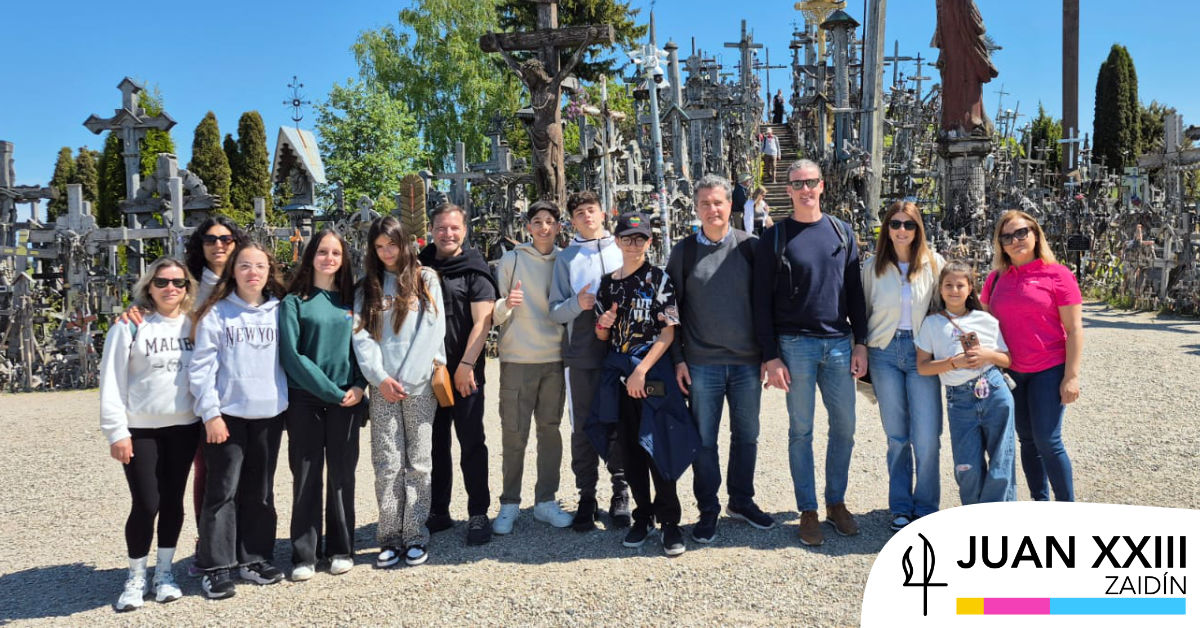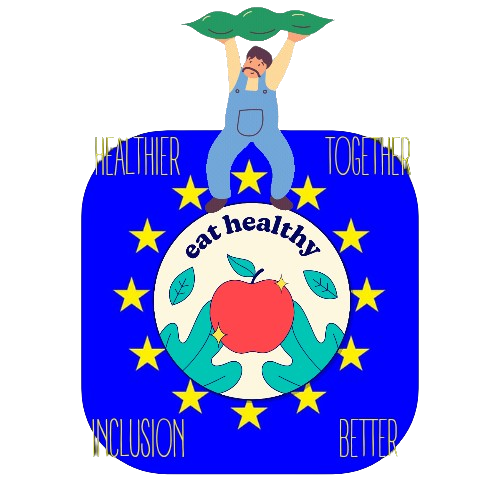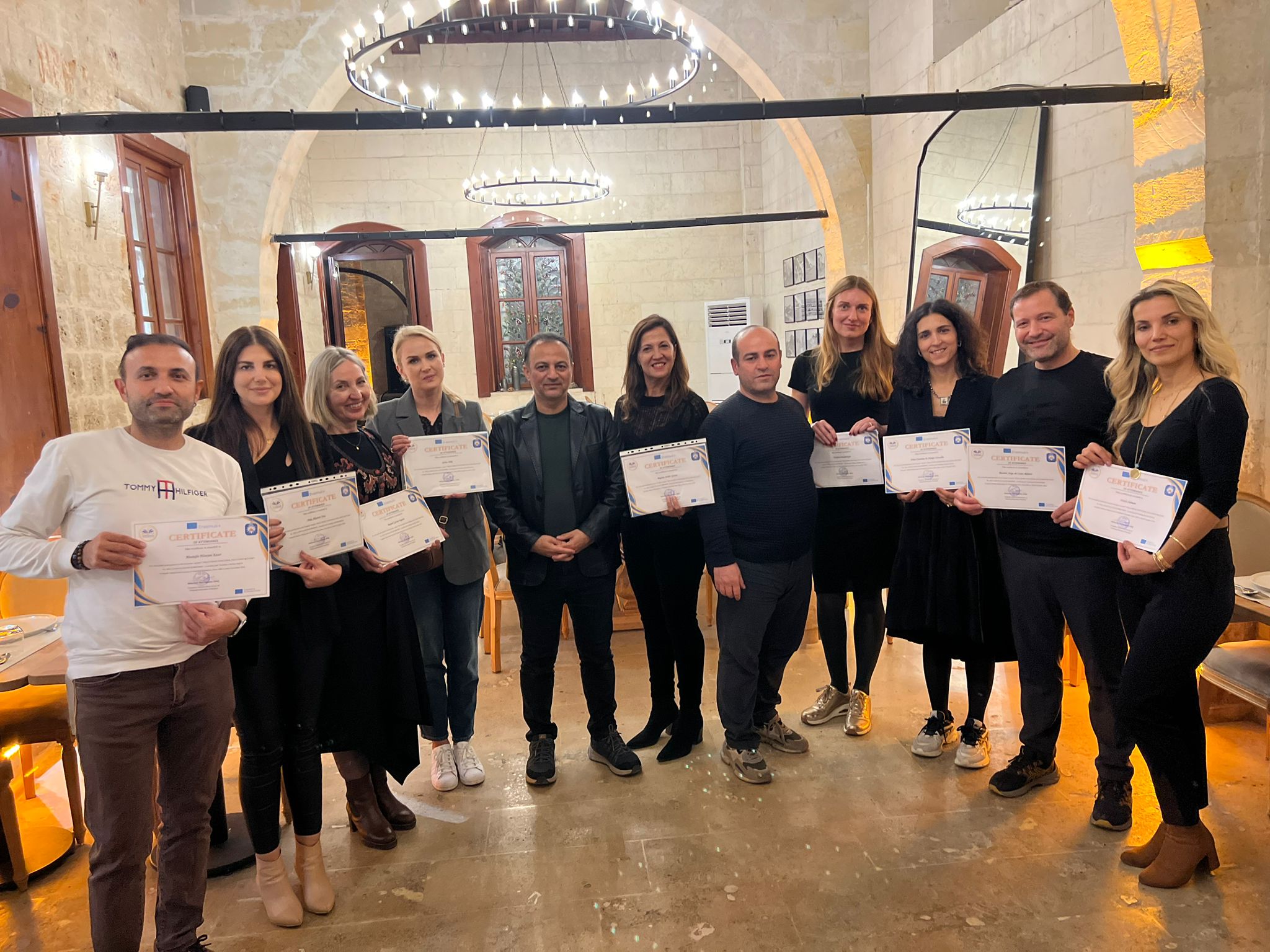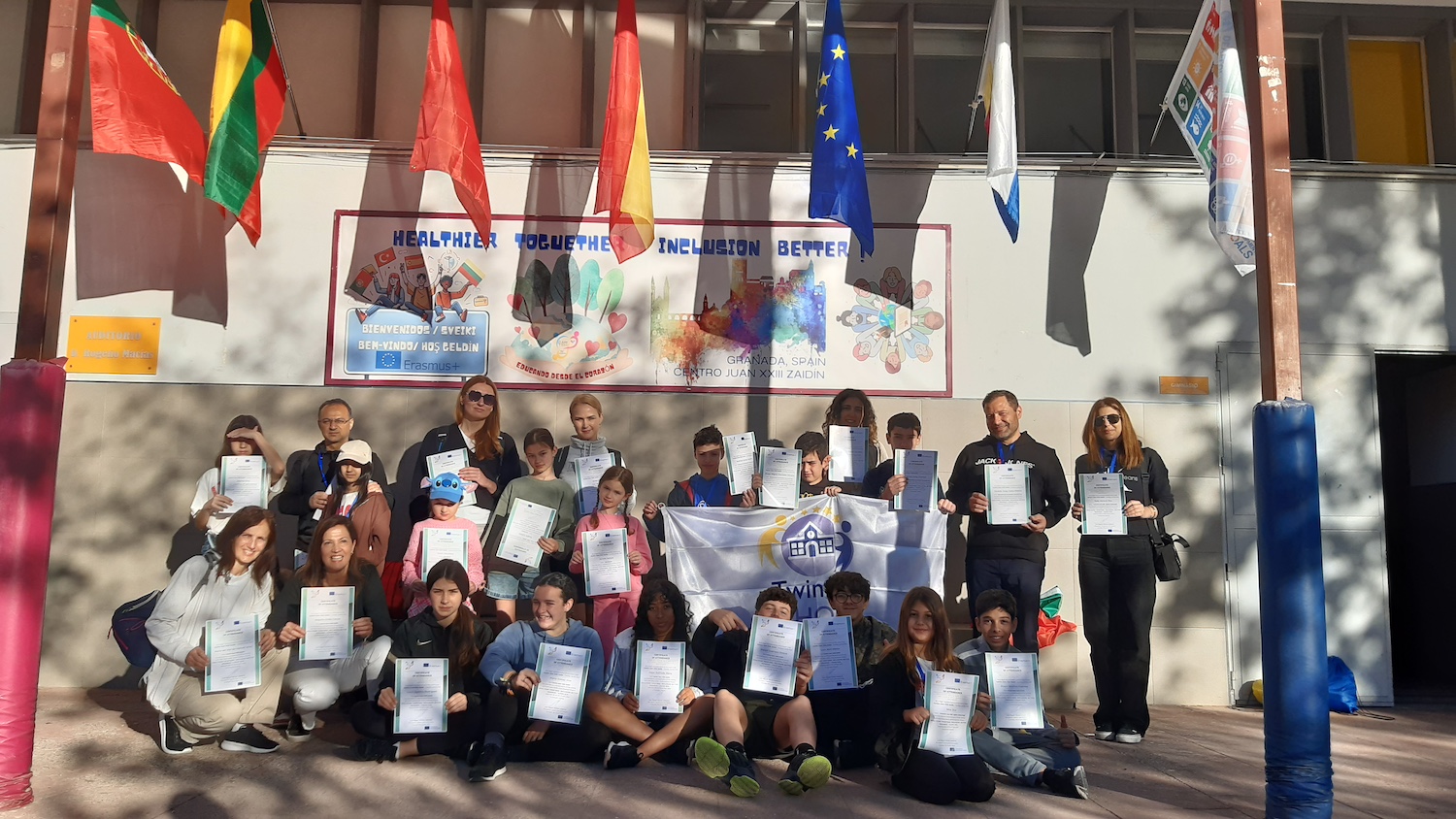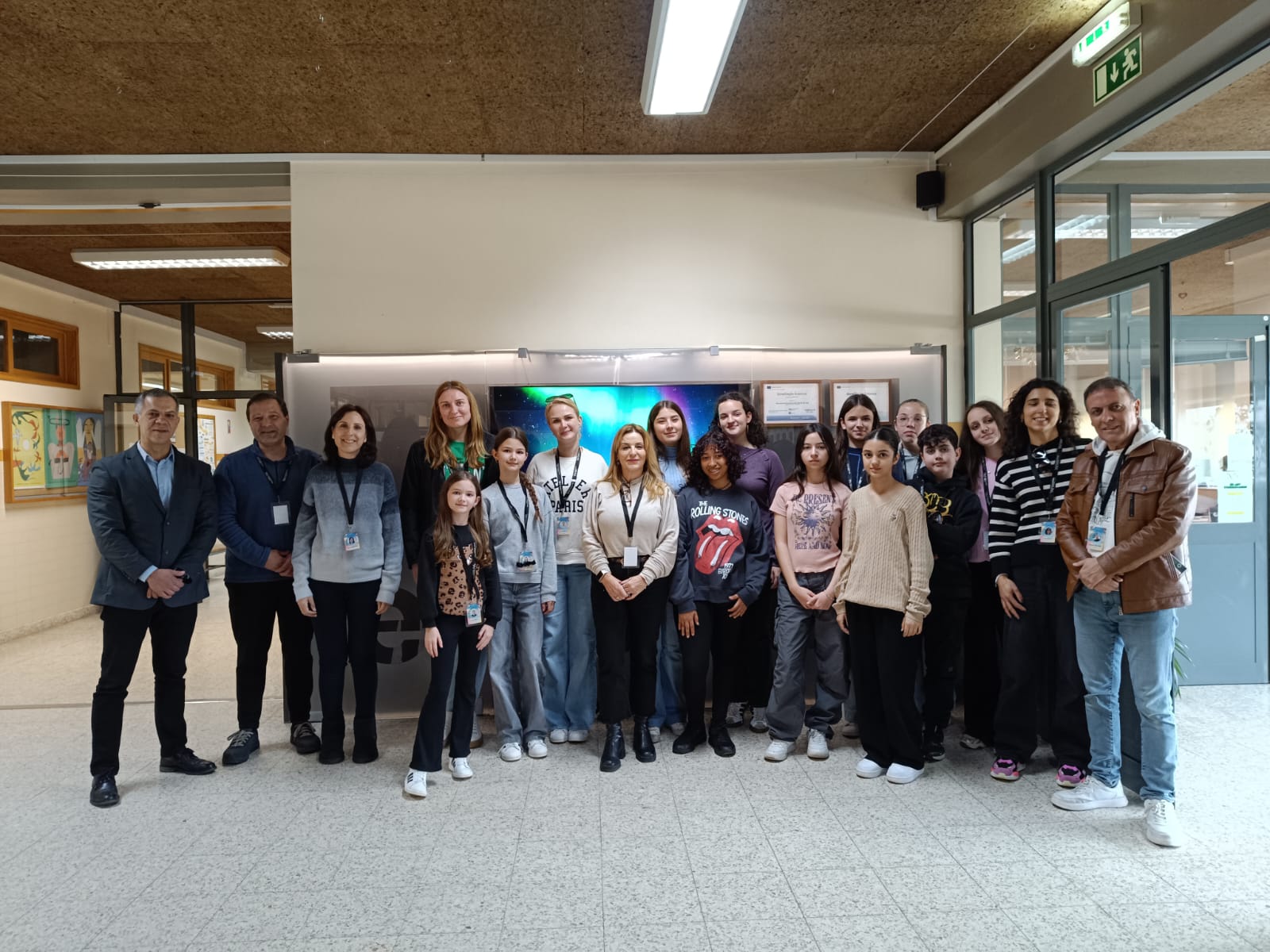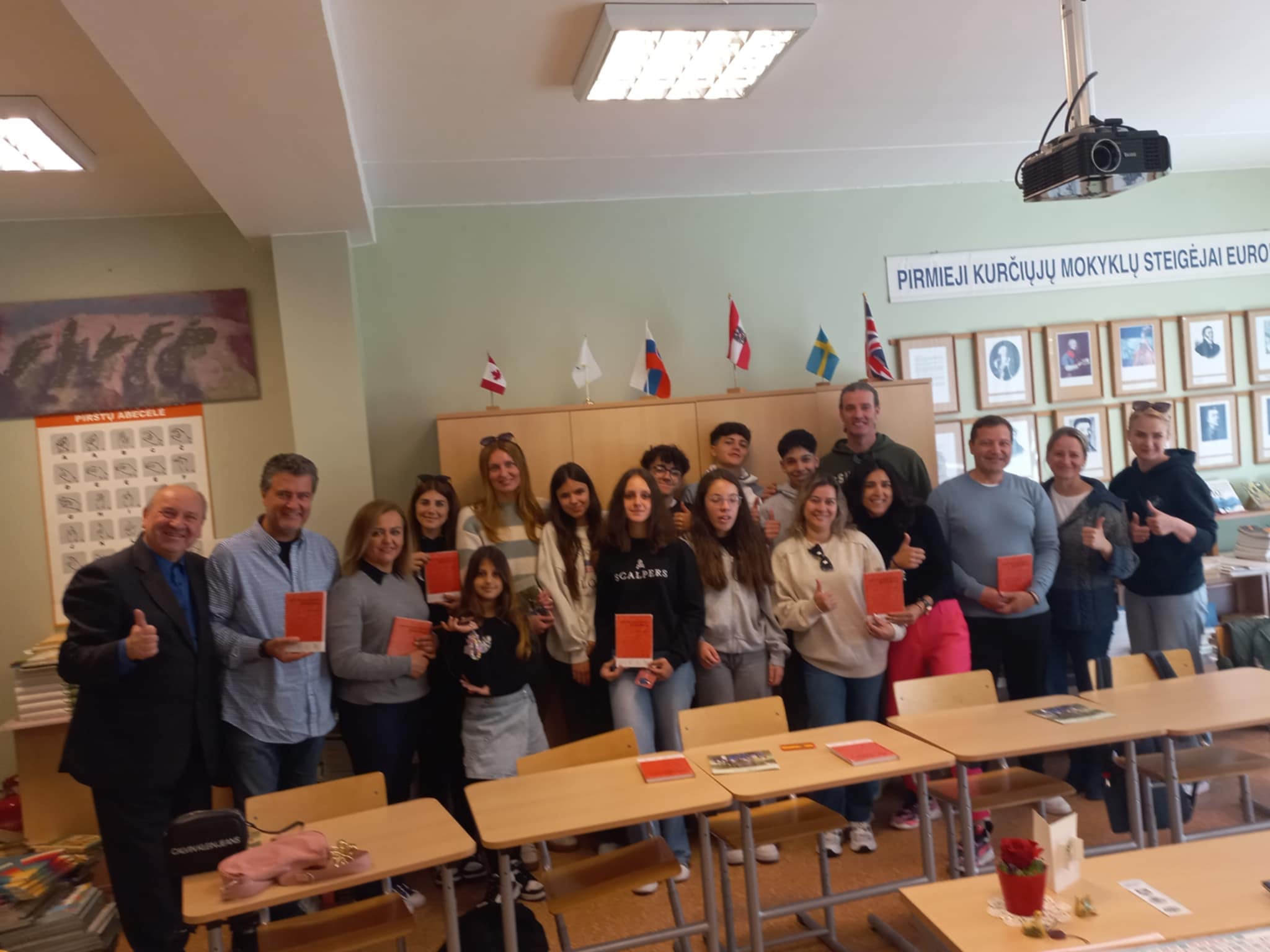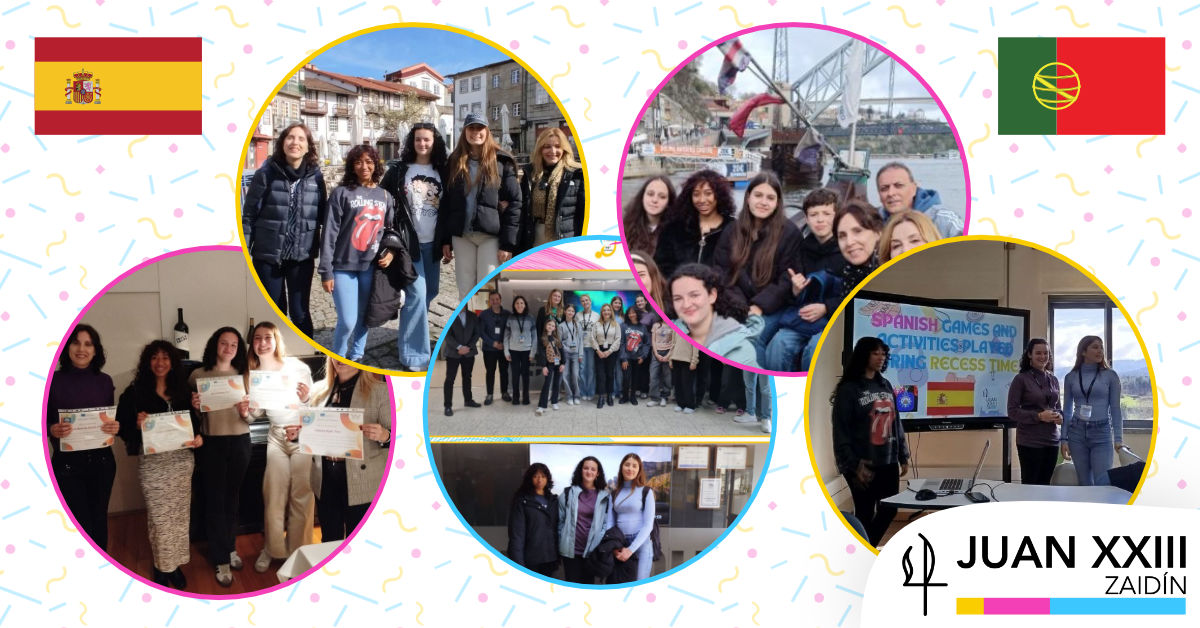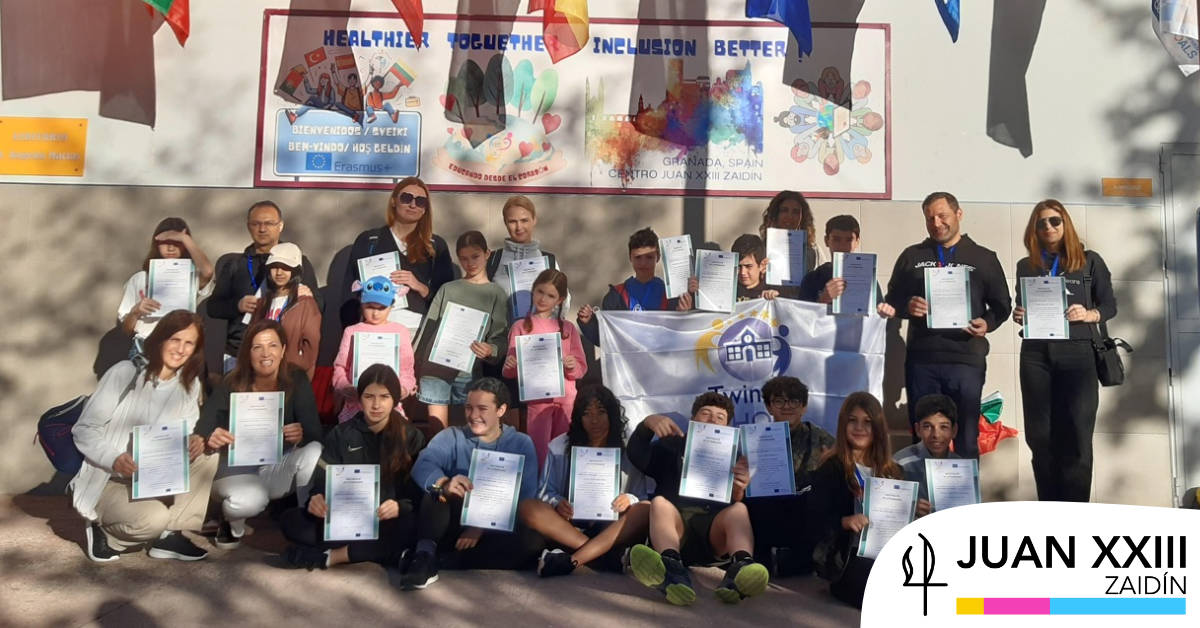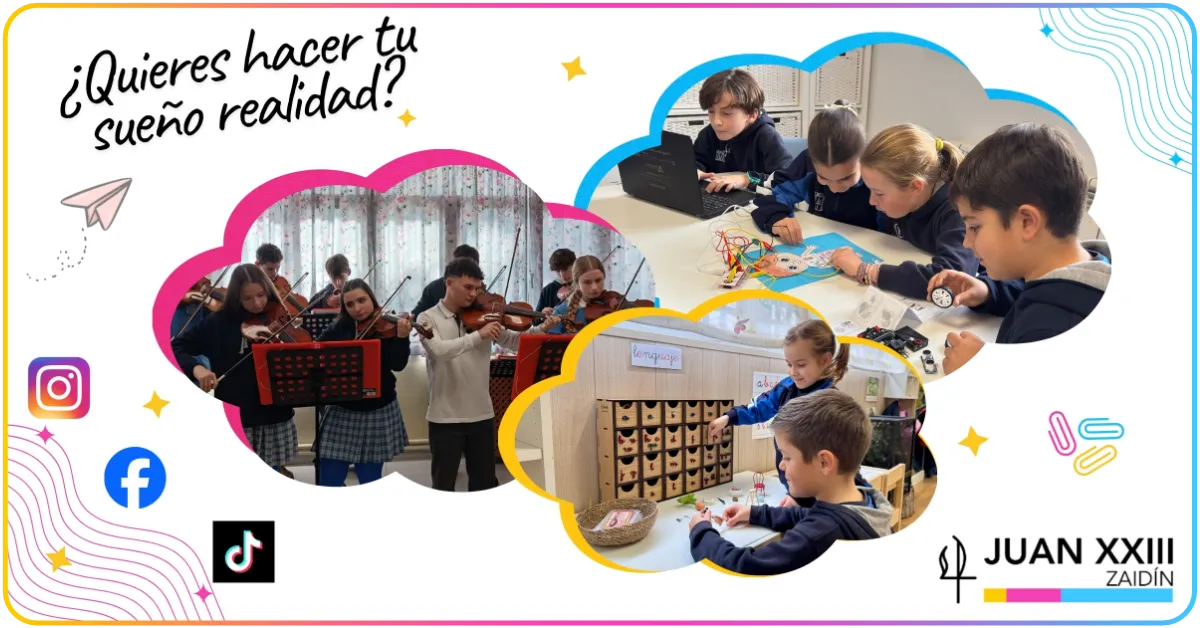Info Days
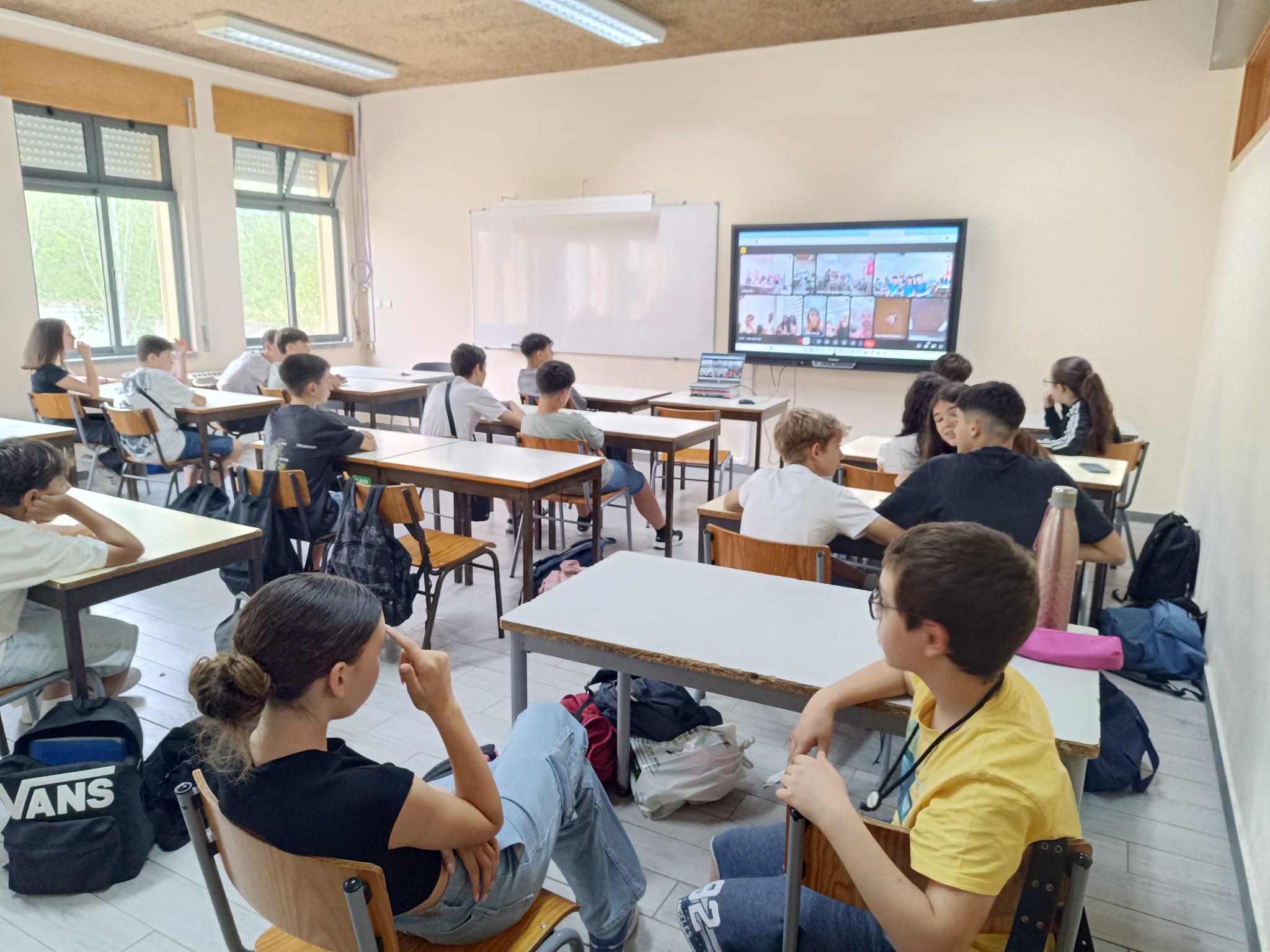
The “INFO DAYS” activity was the final stage of the project and took place over three days in Turkey, coordinated by Yenisehir Ilçe MEM. Its main objective was to disseminate the project’s results, promote sustainable use of the materials created, and raise awareness among a broader educational audience, including non-partner institutions.
On Day 1, an open seminar and exhibition was held, welcoming teachers, parents, educational authorities, health professionals, and local NGOs. Project partners presented the overall aims and achievements of the “Healthier Together” initiative, highlighting activities such as Foodpedia, the digital food map, healthy school menus, and inclusive sports toolkits.
Day 2 featured interactive workshops and live demonstrations of the project’s key tools and methods. Attendees were invited to test the nutrition tracking forms, play outdoor games, view cooking videos, and explore the e-Foodpedia. Feedback was collected from visitors to assess usability and potential improvements.
On Day 3, a roundtable discussion was organized with educators and local policy-makers to explore ways to integrate the project outcomes into school curricula and educational strategies at regional and national levels. Suggestions for adaptation and future collaboration were shared among stakeholders.
In total, more than 300 participants attended the Info Days, and over 500 more were reached via social media and local news coverage. Printed materials, including brochures, newsletters, and the global school menus, were distributed to schools and organizations.
The activity ensured that the project's impact extended beyond its original participants, inspiring new schools to adopt healthier, more inclusive practices. The Info Days also helped build networks for future European cooperation and positioned the project as a model for educational innovation in health and inclusion.
